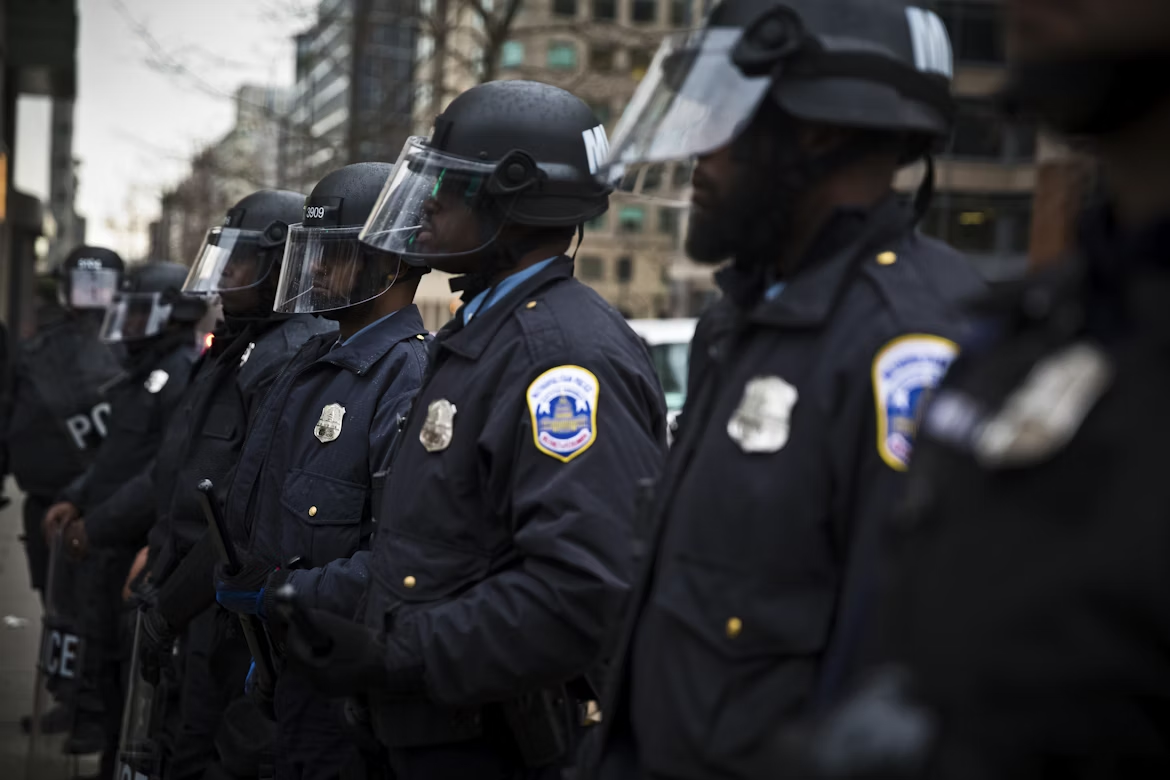
Police departments play a critical role in ensuring public safety, upholding the law, and maintaining social order. However, corruption and civil rights violations within police forces can undermine these objectives and erode public trust. To restore confidence and ensure justice, police departments must take proactive measures to combat corruption and protect citizens’ civil rights. This article examines strategies that law enforcement agencies can employ to mitigate corruption and civil rights violations, thereby promoting a more just and transparent policing system.
Establishing Strong Internal Accountability Mechanisms
One of the most effective ways to reduce corruption and civil rights violations is by implementing robust internal accountability mechanisms within police departments. This includes creating independent oversight bodies, internal affairs divisions, and clear protocols for investigating allegations of misconduct. These mechanisms should be free from influence by senior officers to ensure transparency and fairness.
Independent oversight bodies, such as civilian review boards, can offer an external perspective on police practices, making them accountable to the community they serve. These bodies should be empowered to investigate allegations of corruption, abuse, and civil rights violations, ensuring that officers are held accountable for their actions.
Enhanced Training on Ethics and Civil Rights
Training is a key factor in reducing corruption and preventing civil rights violations. Police officers must receive comprehensive training that emphasizes ethical behavior, respect for human rights, and the legal standards governing police conduct. This training should be regularly updated to reflect changes in laws, community expectations, and new developments in policing.
Officers should be educated on the importance of de-escalation techniques, understanding implicit biases, and respecting the civil rights of individuals, regardless of their background. Regular workshops and scenario-based training can help officers practice decision-making in complex situations and develop a deeper understanding of the consequences of unethical actions.
Promoting a Culture of Integrity and Transparency
Creating a culture of integrity and transparency within a police department is crucial in minimizing corruption and ensuring civil rights compliance. Leaders must set the tone by modeling ethical behavior, holding themselves and their subordinates to high standards, and creating an environment where transparency is valued.
One way to promote transparency is through the use of body-worn cameras and dashboard cameras in patrol vehicles. These tools not only provide an objective record of police encounters but also serve as a deterrent against potential misconduct. Police departments should have clear policies regarding the use and access to this footage to ensure that it is used effectively for accountability purposes.
Strengthening Whistleblower Protections
Whistleblowers play a crucial role in identifying and reporting corruption and civil rights violations within law enforcement agencies, including police departments. To encourage officers to come forward without fear of retaliation, police departments should establish strong whistleblower protection programs. These programs should ensure that officers who report misconduct are shielded from retaliation, such as harassment, reassignment, or termination.
Whistleblower protections should be clearly outlined in department policies, and officers should be educated on how to report misconduct safely and confidentially. Additionally, the department should take swift and decisive action when a complaint is filed to demonstrate that corruption and abuse will not be tolerated.
Building Strong Community Relationships
Community trust is critical in reducing police corruption and civil rights violations. Police departments must work to build strong, positive relationships with the communities they serve. This can be achieved through community policing, where officers engage with local residents, understand their concerns, and collaborate on solutions to crime and safety issues.
By fostering open communication and working together with community members, police departments can gain valuable insights into the challenges facing specific neighborhoods. This approach not only strengthens trust but also helps police officers understand the impact of their actions on individuals’ civil rights, encouraging more respectful and compassionate interactions.
Strengthening Recruitment and Vetting Processes
To ensure that only individuals with a strong sense of ethics and integrity are recruited into law enforcement, police departments must strengthen their recruitment and vetting processes. This includes conducting thorough background checks, psychological evaluations, and interviewing candidates to assess their moral compass and commitment to upholding civil rights.
Police departments should prioritize recruiting individuals who demonstrate a deep respect for the law and human rights, and who are willing to adhere to the highest standards of conduct. Additionally, diversity in recruitment can help create a more inclusive and empathetic police force that better reflects the communities it serves.
The Role of Technology and Data Analysis
Technology and data analysis can be powerful tools in combating corruption and protecting civil rights. By utilizing advanced technologies, such as predictive policing, body cameras, and data-driven oversight systems, police departments can enhance transparency, monitor behavior, and identify patterns of misconduct.
Data analysis can help detect troubling trends, such as excessive use of force or racial profiling, allowing departments to address these issues proactively. Furthermore, data-driven systems can be used to track complaints of misconduct and ensure that investigations are conducted fairly and thoroughly.
A Commitment to Reform and Justice
Reducing corruption and civil rights violations within police departments requires a sustained commitment to reform, transparency, and accountability. Police leadership must take the initiative to create an environment where ethical behavior is prioritized, officers are held accountable for their actions, and community trust is fostered and maintained.
Through enhanced training, stronger internal oversight, and the effective use of technology, police departments can begin to rebuild public trust and ensure that they serve their communities with integrity and respect for civil rights. By prioritizing these efforts, police forces can protect both public safety and the fundamental rights of individuals, ultimately contributing to a more just and equitable society.